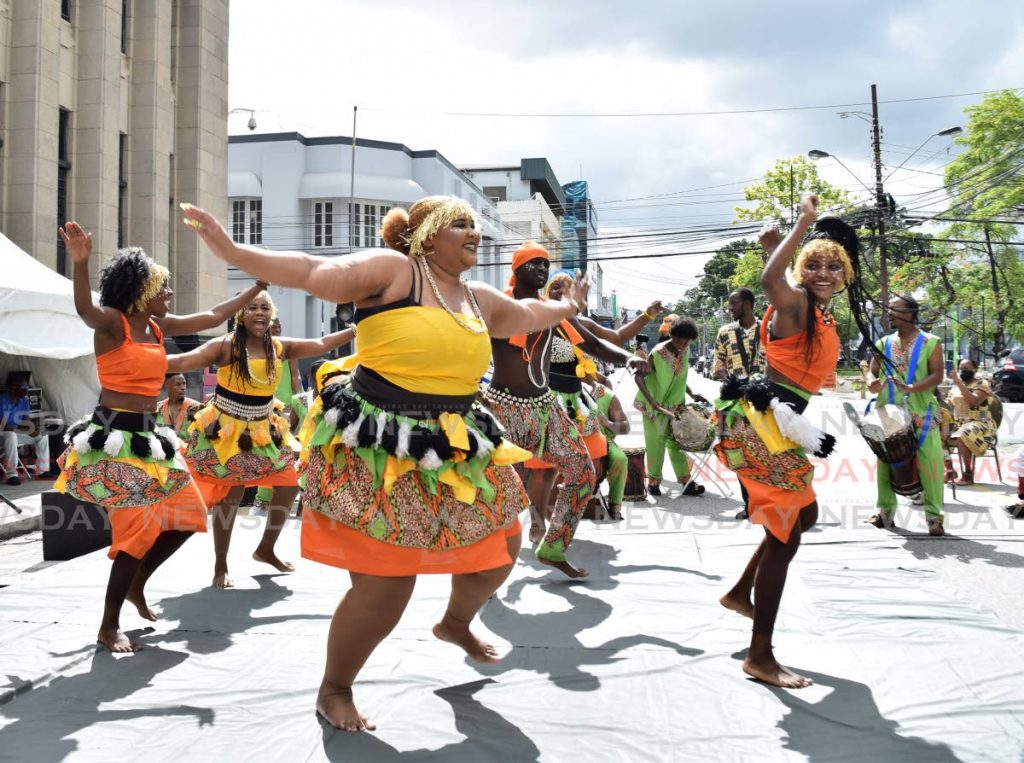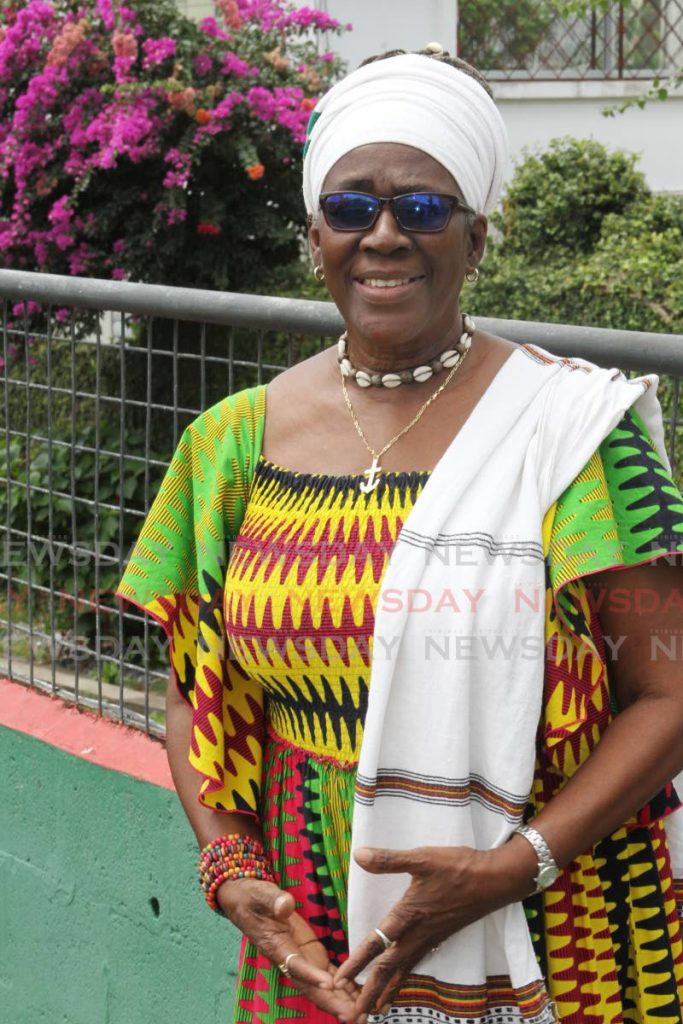ESCTT: New Pan Africanism wave on the rise

Pan Africanism is a movement with origins dating back to the 19th century, but the Emancipation Support Committee Trinidad and Tobago (ESCTT) believes that new movements like Black Lives Matter (BLM) is giving rise to a new wave of Pan Africanism.
That’s why it's Emancipation Day theme this year is Advancing Pan-African Solidarity Towards a Balanced World.
Caribbean and Trinidadian heroes like Jamaican Marcus Mosiah Garvey, Trinidadians journalist and author George Padmore, historian and journalist CLR James and attorney Henry Sylvester Williams were well-known Pan Africanists and leaders in the Pan African movement. Sylvester Williams organised the first-ever Pan African conference in 1900.
Britannica.com says Pan Africanism is, “the idea that peoples of African descent have common interests and should be unified.”
The ESCTT’s executive chairman Zakiya Uzoma Wadada said this year’s theme was chosen because, “starting last year we had a climax to the Black Lives Matter struggles and then we had the pandemic.”
These issues, she said, highlighted the inequity that exists within the world.
She said the BLM spoke to issues of racism and discrimination, and the pandemic showed, based on one’s socio-economic standing, how negatively affected individuals were.
“Some countries felt that it was not balanced. The bigger countries would have maximised the opportunities and resources at the expense of countries that are not as strong.”
Wadada said people are living in an unbalanced world and they understood why that was white supremacy versus the rest.
“We do think there is need for a new social and economic order. To do that, we are saying we have to band together...to solidify our efforts and strengthen our efforts.”
She said African people holds a more unique space in that whole group because the “greatest tragedy” that was done from one group to another was enslavement which lasted between 400 to 500 years.
“We do think we have a critical role because we do tend to be the victims of much of that inequity, discrimination and racism.”
Wadada thinks that Pan Africanism will play an even bigger role in today’s world than it did in the 20th century.
She said TT played its role in the Pan Africanism movement with its support of South Africa and South Africans during apartheid.
“Pan Africanism has continued to express itself in different forms, through the music, through the film,” Wadada said.
She said discrimination and the manifestation of it was also changing and so people and organisations like the ESCTT had to also adjust strategies to address it.

“This is why there is this strong cry now for solidarity between Africa and its diaspora. In fact, even at the political level, the African Union has been reaching out to Caricom, so we can have that kind of solidarity.”
Wadada said the committee is hoping that with the signing of a memorandum of understanding, with efforts being made between the African Union and Caricom, there will also be a similar civil society entity to Caricom.
“So that these kinds of institutions will help us to strengthen ourselves.”
Wadada said there is also need for continued education and information sharing.
“The history is important. What we teach our children in school is important. How we shape their minds and their attitudes towards themselves is important and we have to understand we do live in a multi-ethnic society and so we have to approach our education with that same understanding.
“Educate each group about itself but educate the groups about each other.”
Wadada and the committee has done outreach and created some projects to drive the Pan African dialogue and education.
She said when the Ministry of Education began its consultation, the ESCTT wrote to the minister indicating its concerns with TT’s curriculum and made some recommendations, which it is hoping to have further discussion on.
“We have not had that invitation for further discussion so this is something we have to continue to push,” she said.
Wadada said its yearly African History Quiz for secondary school students is also part of its drive.
For primary schools, the committee hosts a spoken word competition which uses “the poetry of our calypso.”
“What do we want our children to know?”
She said there is a valid reason for the call to remove the Christopher Columbus statue in Tamarind Square, Port of Spain.
“We have to dismantle that colonial legacy and start to create our own society and teach our children…”
She added that many people did not know that TT was a leading figure in the Pan African movement and the appreciation of it was so much stronger outside of TT.
“But you know, if we had buildings and spaces and so on names after them, where we would have recognised them, then it means that we would be able to explain to our children who is Kwame Ture. Why is Oxford Street named Kwame Ture?
“Where is Henry Sylvester Williams?”
She recalled the 2017 demolition of Sylvester Williams’ home, “rather than keeping it as a heritage site.”
“We have had people who made such an impact...We have had some people who made tremendous contributions to world movements, for Pan Africanism and the full liberation of African people.
“And our children don’t know anything about that.”


Comments
"ESCTT: New Pan Africanism wave on the rise"